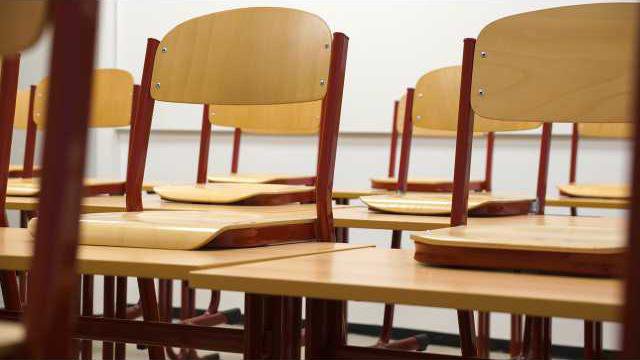After deliberating for nearly a year, and waiting until two weeks after school started, the Washington State Supreme Court struck down a charter school law narrowly approved by voters in 2012.
The timing of the decision leaves hundreds of families with children in charter schools in limbo. The court ruled that the charter schools could not receive funding out of the general fund, relying on passages in the state constitution that govern school funding.
Chief Justice Barbara Madsen ruled that Washington's charter statute would cause funds to be diverted from the money set aside for "common schools," and ruled that charters are not "common schools" because they are not accountable to local voters in the form of school board elections.
Our inquiry is not concerned with the merits or demerits of charter schools, Madsen wrote. Whether charter schools would enhance our states public school system or appropriately address perceived shortcomings of that system are issues for the legislature and the voters. The issue for this court is what are the requirements of the constitution.
"The Supreme Court has affirmed what weve said all along charter schools steal money from our existing classrooms, and voters have no say in how these charter schools spend taxpayer funding," said president of the Washington Education Association Kim Mead in a statement, as reported by KiroTv.
In addition to questioning the decision, Joshua Halsey, executive director of the state charter-school commission, questioned the timing, arguing the decision could have been made months earlier.
The court had this case in front of them since last October and waiting until students were attending public charter schools to issue their ruling is unconscionable, Halsey told the Seattle Times. We are most concerned about the almost 1,000 students and families attending charter schools and making sure they understand what this ruling means regarding their public-school educational options.
The ruling also comes just weeks after the court began fining the state government $100,000 a day for not complying with the court's 2012 ruling that the state was not adequately funding its schools.
So what happens to the current charters schools and their students? The court did not answer that question, The Wall Street Journal notes: "Instead, the justices sent the case back to King County Superior Court 'for an appropriate order.'"
The timing of the decision leaves hundreds of families with children in charter schools in limbo. The court ruled that the charter schools could not receive funding out of the general fund, relying on passages in the state constitution that govern school funding.
Chief Justice Barbara Madsen ruled that Washington's charter statute would cause funds to be diverted from the money set aside for "common schools," and ruled that charters are not "common schools" because they are not accountable to local voters in the form of school board elections.
Our inquiry is not concerned with the merits or demerits of charter schools, Madsen wrote. Whether charter schools would enhance our states public school system or appropriately address perceived shortcomings of that system are issues for the legislature and the voters. The issue for this court is what are the requirements of the constitution.
"The Supreme Court has affirmed what weve said all along charter schools steal money from our existing classrooms, and voters have no say in how these charter schools spend taxpayer funding," said president of the Washington Education Association Kim Mead in a statement, as reported by KiroTv.
In addition to questioning the decision, Joshua Halsey, executive director of the state charter-school commission, questioned the timing, arguing the decision could have been made months earlier.
The court had this case in front of them since last October and waiting until students were attending public charter schools to issue their ruling is unconscionable, Halsey told the Seattle Times. We are most concerned about the almost 1,000 students and families attending charter schools and making sure they understand what this ruling means regarding their public-school educational options.
The ruling also comes just weeks after the court began fining the state government $100,000 a day for not complying with the court's 2012 ruling that the state was not adequately funding its schools.
So what happens to the current charters schools and their students? The court did not answer that question, The Wall Street Journal notes: "Instead, the justices sent the case back to King County Superior Court 'for an appropriate order.'"

